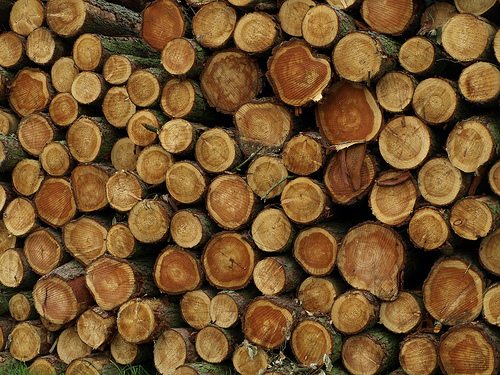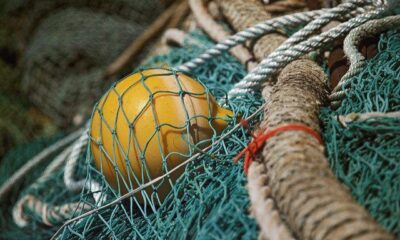

Environment
UK and EU Consumers, and industry, want tighter EU rules to tackle illegal timber
UK consumers (76 per cent) want better laws that ensure the legality of wood products on the market in the UK and across Europe, a new survey finds. Major timber-related businesses from the UK and other EU countries, from producers to retailers, have also signed a new statement to the European Commission calling for the EU to tighten the current rules on illegal timber use.
The EU Timber Regulation, or EUTR, is designed to keep illegally sourced timber out of the marketplace, and is under review by the European Commission in Brussels.
A poll commissioned by WWF showed that 88 per cent of people in the UK did not know products made from illegal timber could still be bought in the EU. 76 per cent said it was very important to them that measures be put in place to make sure people couldn’t buy products made from illegal wood.
A similarly high number (78 per cent) wanted the EU to implement the law more consistently across EU nations, and 74 per cent thought the laws should cover all wood-based products. Currently, the EUTR does not include items such as chairs, toys, books, musical instruments, charcoal, wine racks, clothes pegs, and many more.
In a statement issued to the European Commission, 64 timber- related companies and six trade federations say that not only does illegal logging ‘pose a significant threat to global forest resources, it also contributes to deforestation, causes loss of biodiversity and erodes the rule of law’. The signatories want sufficient resources made available to enforce the regulation consistently across the EU and a coherent approach towards its interpretation.
WWF has been working to raise awareness of the further measures needed to make the EUTR fully effective, and welcomes the industry support at a time when the legislation could be improved.
Anand Punja, the UK’s Timber Trade Federation’s Head of Sustainability, said “It’s very important that this review tackles the inconsistencies and weaknesses of the EUTR. Our members need to be confident that the investment they have made in establishing robust due diligence systems are not being undermined by other businesses across the EU and UK that either aren’t required to practice due diligence, or just don’t bother because of weak enforcement.
“Such practices only devalue the market for wood products and the forests they come from, and will only lead to further pressure on forests being completely converted for other land uses. We just cannot let this happen.”
Anke Schulmeister, senior forest policy officer at WWF’s European Policy Office, said “We are pleased to see this business and public support for a stronger regulation, and the drive for the law to include all products that could be made using illegal timber. Currently less than half (by value) of the products entering the EU are covered by the EUTR.”
“Deforestation and habitat destruction continues, and illegal timber can end up in our books, toys and chairs. We must act now, during this review of the laws, to ensure we protect our forests.”






























